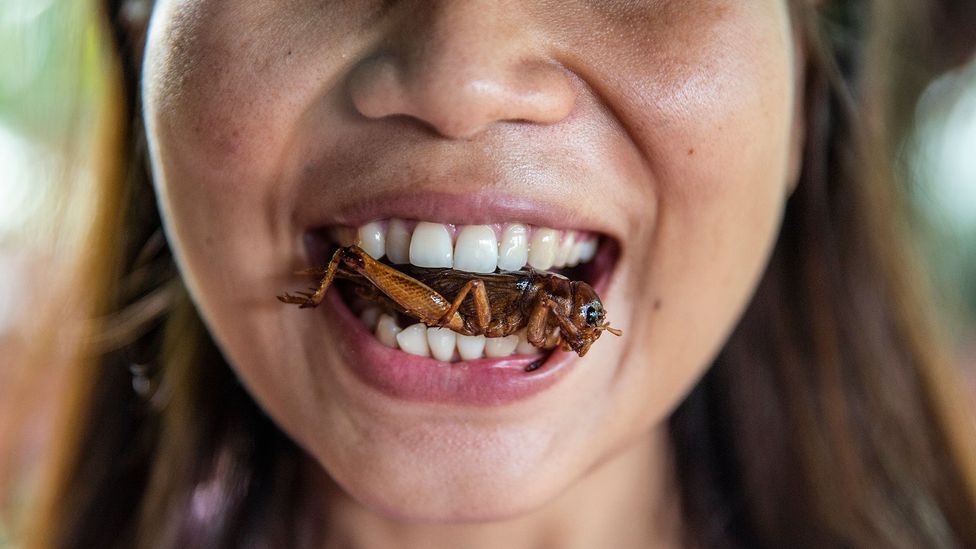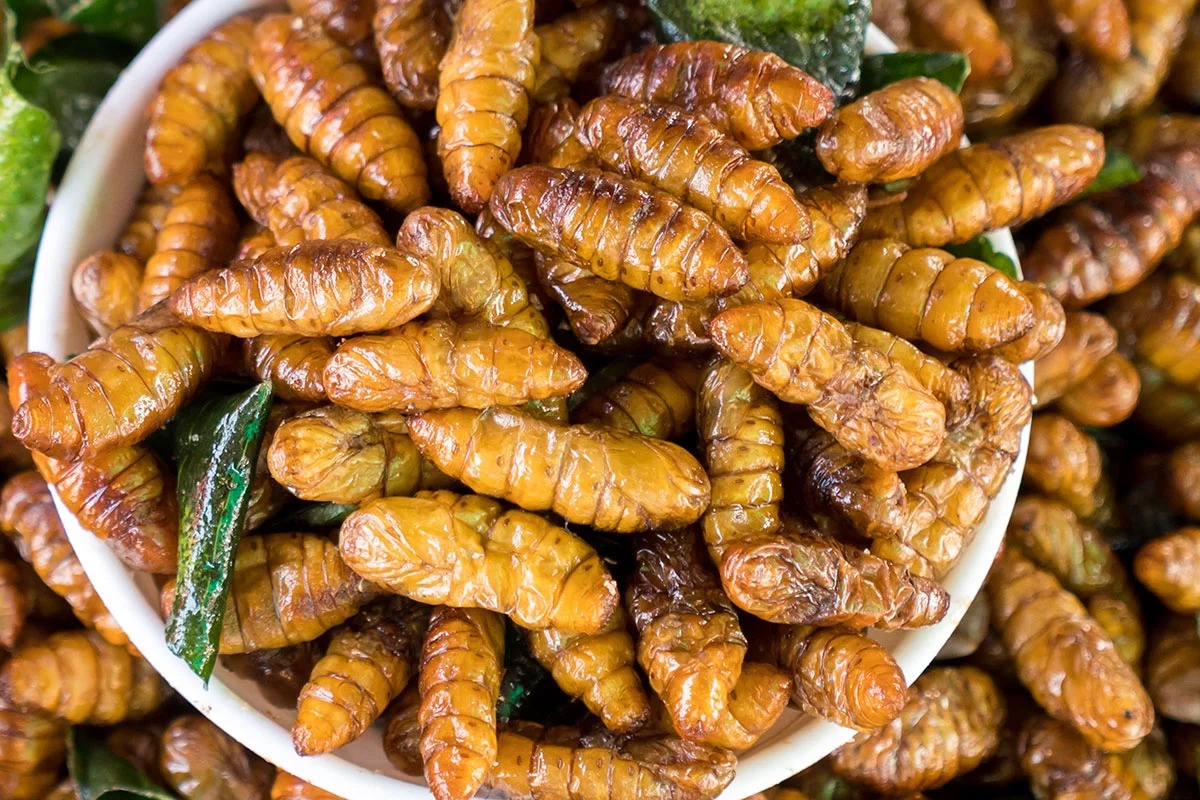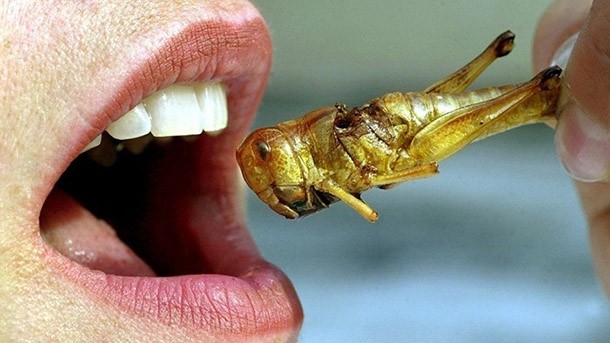S’pore To Greenlight 16 Species Of Insects Including Crickets For Human Consumption This Year
 Thirsty for JUICE content? Quench your cravings on our Instagram, TikTok and WhatsApp
Thirsty for JUICE content? Quench your cravings on our Instagram, TikTok and WhatsApp

The second half of 2023 will see the approval of 16 kinds of insects for human eating by Singapore’s Food Agency (SFA), according to recent reports. Among them are grasshoppers, silkworms, and crickets.
Needless to say, these insects must meet a number of requirements before they can be consumed by humans. To guarantee that the insects are safe for ingestion, the SFA has already established strict food safety criteria.
Treatment procedures to eradicate any diseases that may be present in the insects are one of the primary safety measures. This practice seeks to prevent any potential foodborne infections. The SFA has also underlined how crucial it is to pack and store the insects securely in order to avoid contamination.

The Straits Times was notified by the Singapore Food Agency (SFA) in October 2022 that they had conducted a scientific assessment and concluded that certain species of insects, which have been used for human consumption historically, could be consumed directly or used as ingredients in food products such as snacks.
To address the challenge of feeding the increasing global population in a cost-effective and sustainable way, the Food and Agricultural Organisation of the United Nations (FAO) has advocated for the consumption of insects.
Singapore’s ultimate decision was reached after the agency ran a public discussion exercise on the control of insects and insect products from October 5 to December 4, 2022. There were 53 responses. These ranged from doubt to criticism and worries from business leaders who intended to introduce insect products.
Netizens have also expressed mixed reactions towards the matter, with a handful skeptical about the sanitary aspect of things.

On the other hand, others have noted that option to permit the ingestion of insects is a big leap toward the goal of sustainable food production, stating that this offers the advantage of being a good nutritional source and healthier option for the environment than conventional meat sources.
Additionally, similar sustainable food options are anticipated to be made possible via this decision.
What will we be eating in 10 years’ time? Tell us what you think!
*Feature image courtesy of BBC


 Get Audio+
Get Audio+ Hot FM
Hot FM Kool 101
Kool 101 Eight FM
Eight FM Fly FM
Fly FM Molek FM
Molek FM

